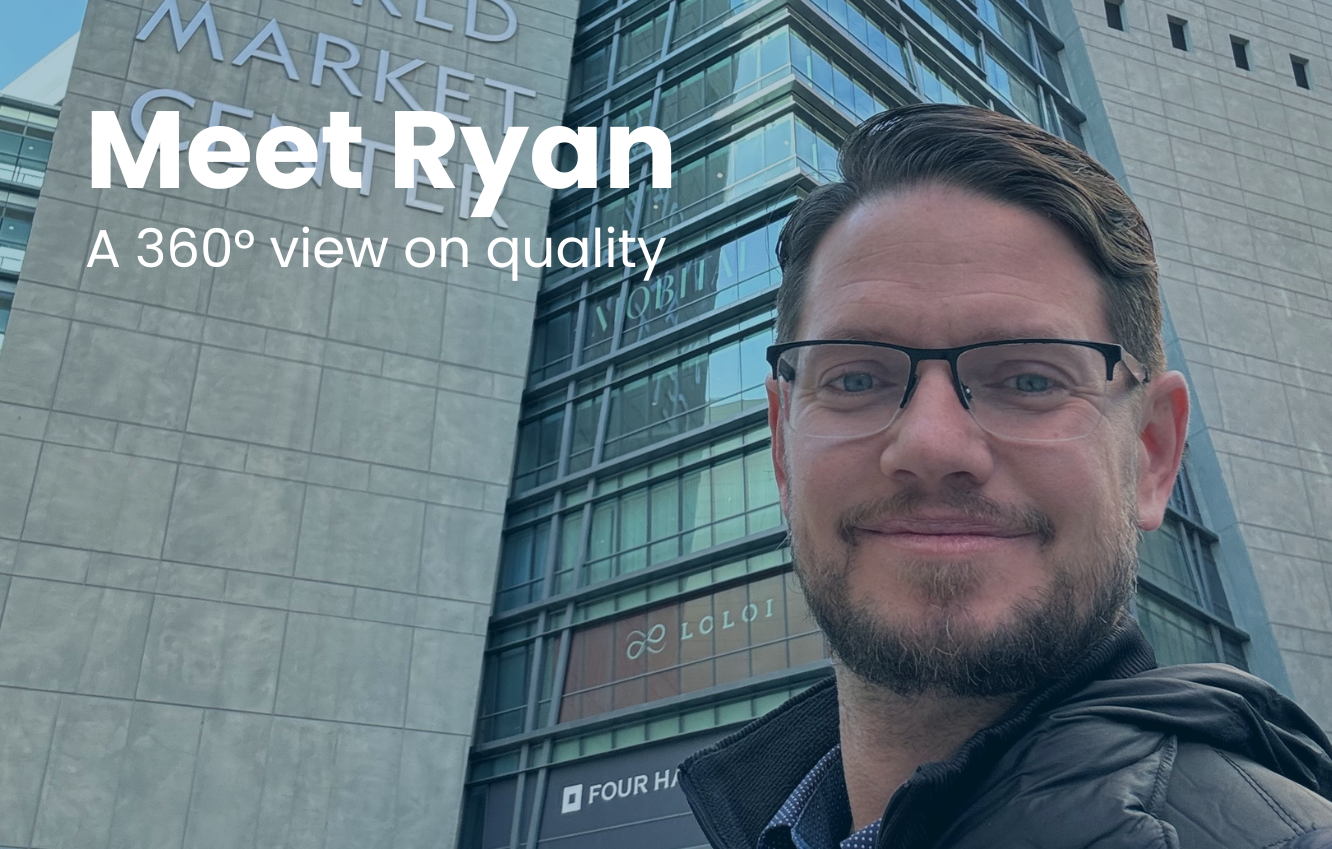In todays evolving compliance landscape, understanding legislations and its impact on your business is essential. The EU Deforestation Regulation (EUDR) aims to reduce deforestation by requiring companies to trace the origins of commodities. Discover what EUDR is and how Qarma can support you.
What is EUDR?
The EU Deforestation Regulation (EUDR) is the European Union's latest initiative to combat deforestation. It will replace the current EU Timber Regulation (EUTR), which has been in place for wood compliance within the EU. The main aim of the EUDR is to ensure that deforestation and forest degradation linked to the production of certain commodities are minimized or, ideally, eliminated altogether.

Who Will EUDR Affect?
The EUDR will affect companies that produce, import, or sell products made with or from cattle, cocoa, coffee, palm oil, rubber, soya, and wood in the EU market. It also applies to companies exporting these products from the EU.
Dates you should be aware of depending on the size of your company
- Large and medium-sized companies must comply by December 30, 2025.
- Small and micro-sized companies have until June 30, 2026 to comply.
What Are the Key Requirements?
The regulation imposes new requirements for supply chain mapping, GPS data collection, risk assessments, and due diligence, with the submission of due diligence statements through the Deforestation Due Diligence Registry.
Supply Chain Mapping and Risk Assessment
How can you ensure that your products are not linked to deforestation or forest degradation? To comply, companies must conduct a thorough mapping of their supply chain and perform a risk assessment as part of the due diligence process. Consider the following questions
Where are the materials sourced from (location), and in what quantities?
Are these materials linked to any known risks related to deforestation?
Are the listed materials actually present at the specified location, and in these amounts?
Could there be other risks, such as human rights violations or issues involving indigenous communities at the production location?
Risk Mitigation
What should you do if your risk assessment reveals potential non-compliance?
If a risk is identified, companies must take steps to address it. Where mitigation is possible, this must be pursued. If risks cannot be mitigated, the product cannot be produced using the material in question. Compliance Documentation What documents do you need to demonstrate compliance?
Companies must gather the necessary documentation, which could include:
- Harvesting licenses
- GeoJSON files for location verification
- Invoices for each step of the supply chain
- FSC, PEFC, or other certifications
- Delivery notes
- Business and logging permits
- Forest management reports
- Due Diligence Statements
Once all documentation is compiled, the Due Diligence Statement must be submitted to the Deforestation Due Diligence Registry.
How Can Qarma Help with EUDR Compliance?
At Qarma, we have developed solutions to support companies in complying with the EUDR. Here’s how we can help:
Qarma Product Compliance Tool, launching in early 2025, this tool will help you organize the necessary documents to demonstrate compliance, linking them directly to your products and orders.
Efficient Document Collection, suppliers and manufacturers can upload required documentation, such as permits, certificates, and location data, simplifying the collection process.
Customizable Compliance Triggers, our system assigns document requirements based on product attributes, such as wood type, location, and product category.
Registry Integration, Qarma may also be used to submit documentation directly to the Deforestation Due Diligence Registry. We are awaiting the system’s launch to test this feature.








.png)